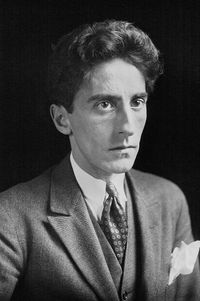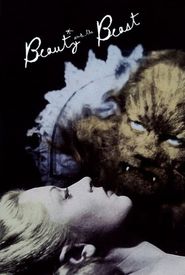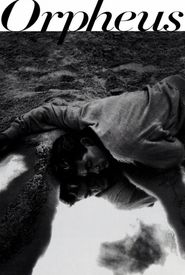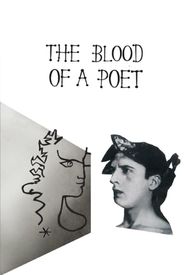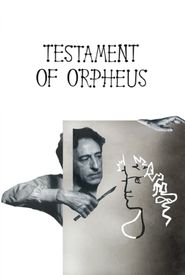Jean Cocteau, a 20th-century artistic virtuoso, defied conventions by embracing a plethora of creative pursuits. As a polymath, he effortlessly transitioned between roles as a filmmaker, poet, novelist, painter, playwright, set designer, and actor. This precocious talent began to flourish at the tender age of 10, with his first written works, and by 16, he had already published his poetry.
Cocteau's artistic trajectory was marked by his collaborations with the Russian Ballet company of Sergei Diaghilev, as well as his involvement in various art movements. Despite his eclectic range of creative endeavors, his poetic sensibilities remained at the forefront of his artistic expression. This is aptly reflected in his films, which are replete with symbolism and surreal imagery.
A trailblazer in his personal life, Cocteau was unapologetically open about his homosexuality, refusing to conform to societal norms. His close friendship with Jean Marais, a talented actor who appeared in almost all of his films, was a testament to his unwavering dedication to his art and his personal convictions.
Throughout his career, Cocteau directed approximately twelve films, each a masterclass in avant-garde storytelling. Today, he is widely regarded as one of the most influential and important avant-garde directors in the history of cinema, leaving an indelible mark on the world of art and filmmaking.
